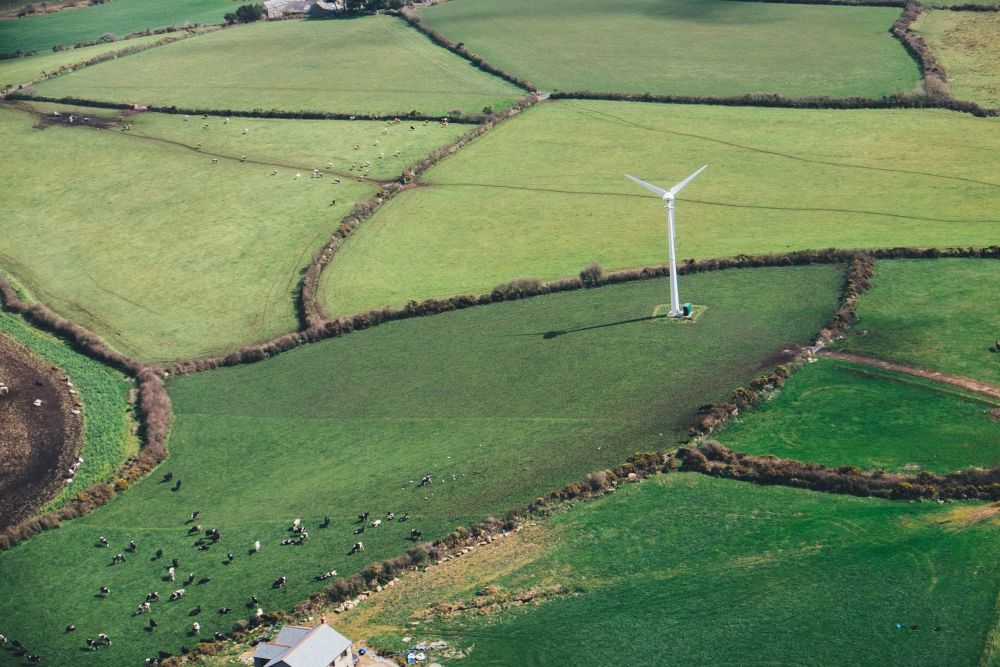UK electricity grid’s carbon emissions could turn negative by 2033
National Grid says UK can use carbon capture technology and renewables to help meet UK’s targets.

National Grid says UK can use carbon capture technology and renewables to help meet UK’s targets.
According to a new report from the National Grid, the UK's electricity system could become negative by 2033 if carbon capture technology is used alongside renewable energy generation.
The electricity operator set out its vision for an “emissions negative” grid that would see 11m electric vehicles by 2030, and as many as 8m energy-efficient homes converting to heat pumps instead of boilers by 2050.
Mark Herring, the Head of Strategy at National Grid ESO, said: “This year’s Future Energy Scenarios paint an exciting picture of net zero Britain with electricity playing a crucial role in meeting meet the 2050 emissions targets."
"Although these are not firm predictions, we’ve talked to over 600 industry experts to build this insight and it’s clear while net zero is achievable, there are significant changes ahead."
The report makes it very clear that immediate action across all key technologies and policy areas is needed to net-zero by 2050. The report says that fundamental changes are needed for energy consumers, particularly in transport, heating and energy efficiency.
The company expects a revolution in consumer energy use, including a shift to energy efficiency heat pumps. It is predicted that millions of homes will consume less than a third of energy used today due to this consumer shift.
“Across all scenarios, we see a growth in renewable energy generation, including significant expansion in installed offshore wind capacity. There is a widespread uptake in domestic electric vehicles, and growth and investment in hydrogen and carbon capture technologies too,” said Herring.
Although COVID-19 was not factored into the yearly analysis, Herring says that: “many of the areas highlighted will be crucial in a green recovery from the pandemic, particularly improving energy efficiency across all sectors and significant investment in low carbon electricity generation.”



